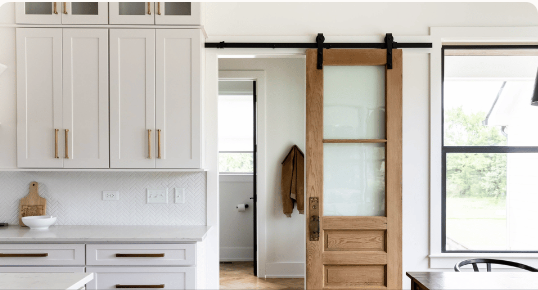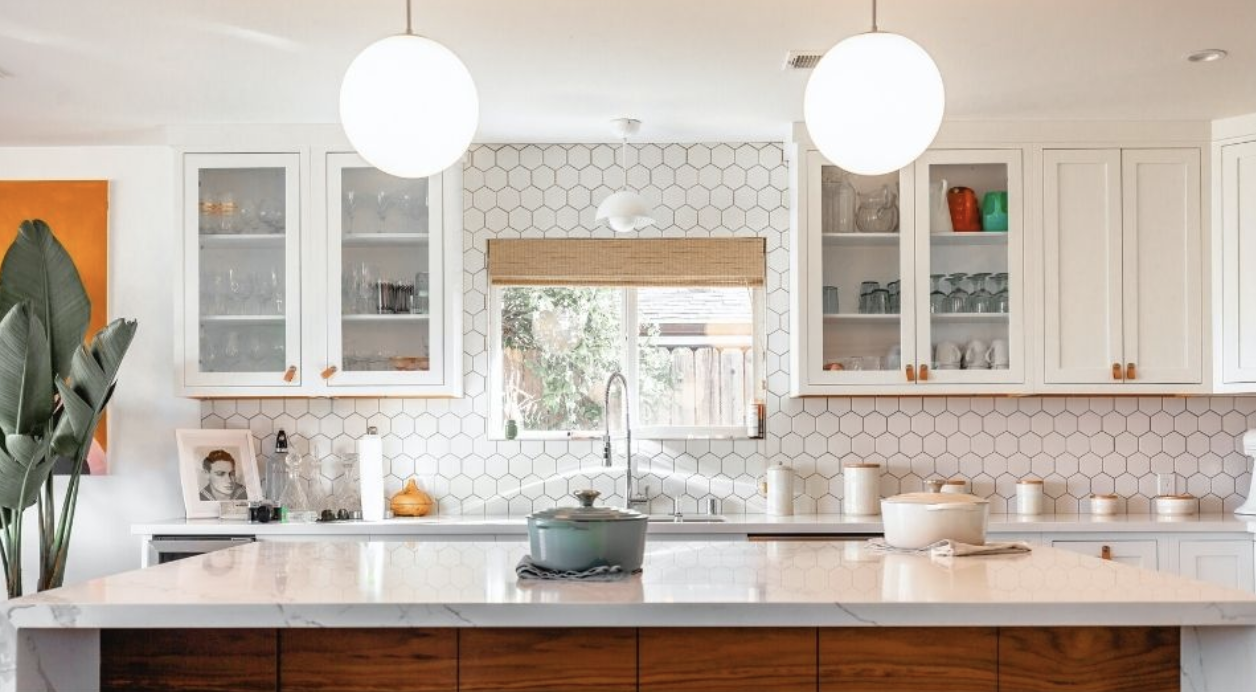Home Search Frustration? How to Refocus and Keep Going
/The best part of buying a new home is going out and touring homes. This is especially true for first-time home buyers. As time goes on, however, it can be frustrating when each home falls short of expectations. While it’s important to be realistic about what is available and affordable, there can be a temptation to settle when the right homes don't pop up quickly.
When this happens, it’s important to take a step back and reevaluate the criteria. Often buyers head out without a solid list of “must-have” and “like-to-have” features in mind. If finding the right home is becoming difficult, then this is the time to create or review these items. Consider lifestyle as well as willingness to renovate or remodel. Is it important the home is turn-key on day one, or is there a willingness and ability to make changes after the sale?
Focus on the “must-have” list first. There could be a beautiful chef’s kitchen on the “like-to-have” but if 4 bedrooms are critical for the size of the family, the larger kitchen will not compensate for long. That said, if the hope is to find a home with a pool, is there room to add the pool later?
Finding the right home is often a matter of timing. Patience is the best advice. With the start of the new year, new listings are hitting the market every day. The perfect home may not have been listed yet




















